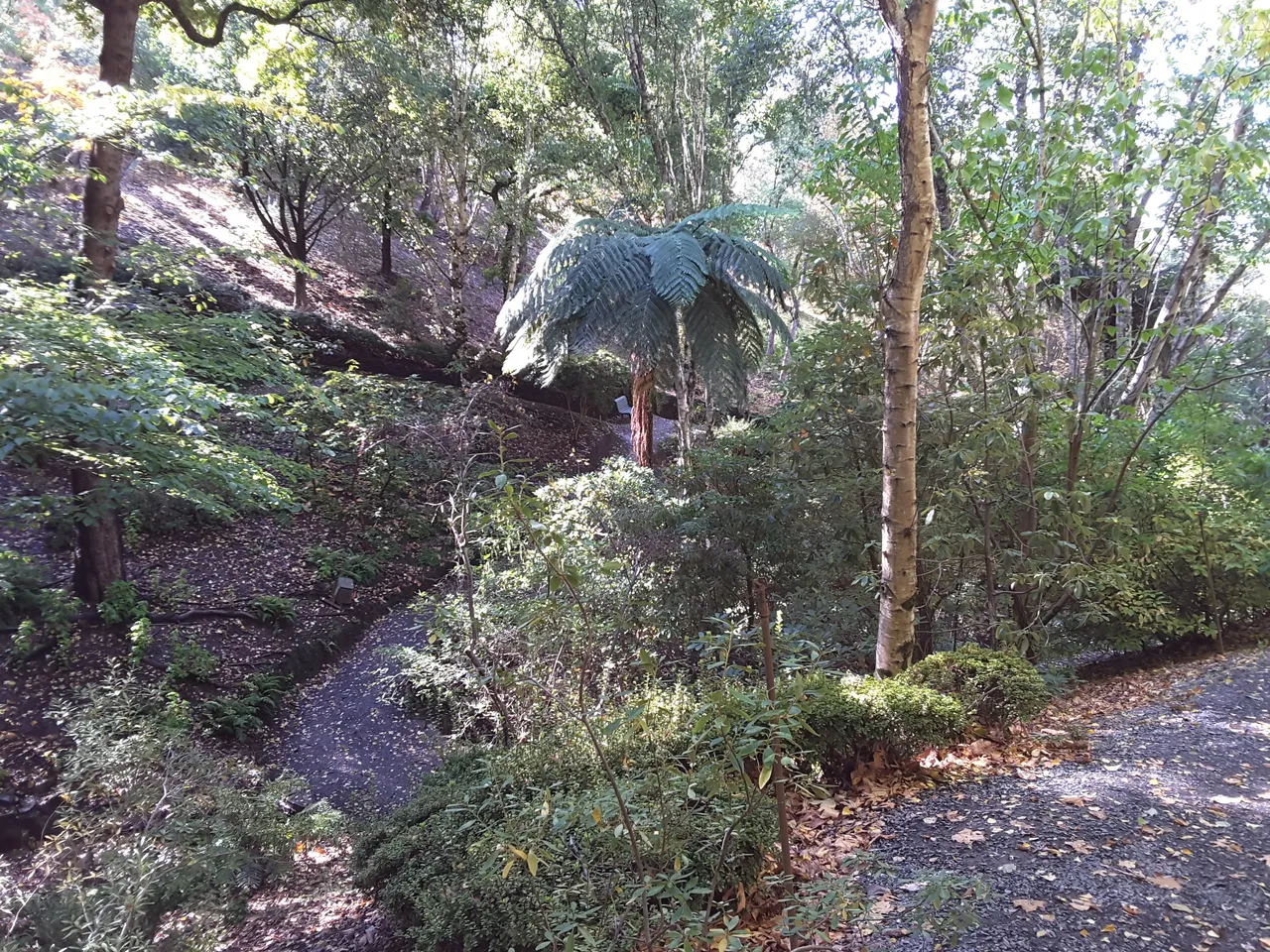We've been watching Our Planet and something that got me thinking was the view of the palm oil plantations which are taking over the rainforests. You may have seen campaigns against buying products with palm oil to discourage the growing of these trees at such commercial levels and orangutans are often cited as the reason why. Borneo, where most of them live, has had half of their jungle cleared and as a result of this, around 100,000 them have been lost in the past 20 years.

Our Planet is suggesting a move to sustainable palm oil from growers who are using previously cleared land, which has been sitting unused, and those who are taking steps to regrow the jungle around the plantations. This is certainly a step in the right direction, but will it work and is it enough?
A while ago I read through a discussion on Facebook, which not too surprisingly degenerated into a slanging match. It started along the lines of it being the fault of us people that the jungles are being cleared for palm oil plantations, because we create demand for the oil. Then an expat who lives in these areas said that it would make no difference blaming ourselves, because it's the greed of the companies which drives them to clear the land to grow products in demand. His belief was that they would still do this, even if we stopped buying palm oil products, because these companies want to grab as much land as possible.
The proposal that Our Planet makes is that there are swathes of land around the world, previously cleared then abandoned, which could be used to grow palm oil plantations. The theory sounds great, but when you want more land to grow in, are you going to try and extend the lands you have right where you are, or go somewhere else? It seems like a no brainer to me. If I were a land owner, then I'd want to extend right where I am. I know the growing conditions and I don't need to travel. Those living near the vacant land, may have no interest in farming, or if they do it may be for another product entirely.
Often, the demand for products aren't even what can necessarily be grown just anywhere, so we get a situation where they're trying to imitate a climate with huge amounts of outside input, to grow something that doesn't naturally grow there. People are saying we should grow native plants, but it often doesn't get far because there is little to no market for native plants. It's not that they're entirely useless, it's more that we just don't really know how to use them.
The fact is that the reason that things are done in such a destructive way is down to profit. So perhaps we need to discover how to profit even more from doing things in a less harmful way. We need more trees, but ideally they should also be native trees. So can we create a market for native foods?
I recently read an article in Grass Roots Magazine on a local couple who have started a business growing and producing native Australian super foods. In a state where water is in such short supply, it makes so much sense to be growing native foods. South Australia had so much land cleared when the settlers first arrived and that land is now no good for growing the usual crops. Farmers are struggling to get the water they need for conventional crops, so if the market for native foods can grow, then surely that's the way to go.